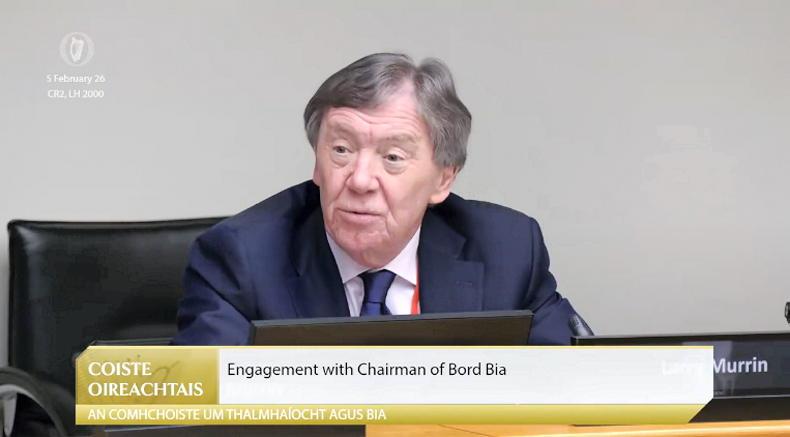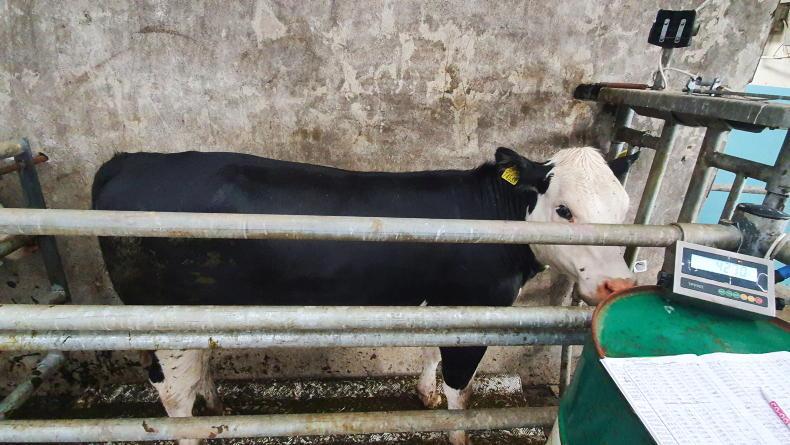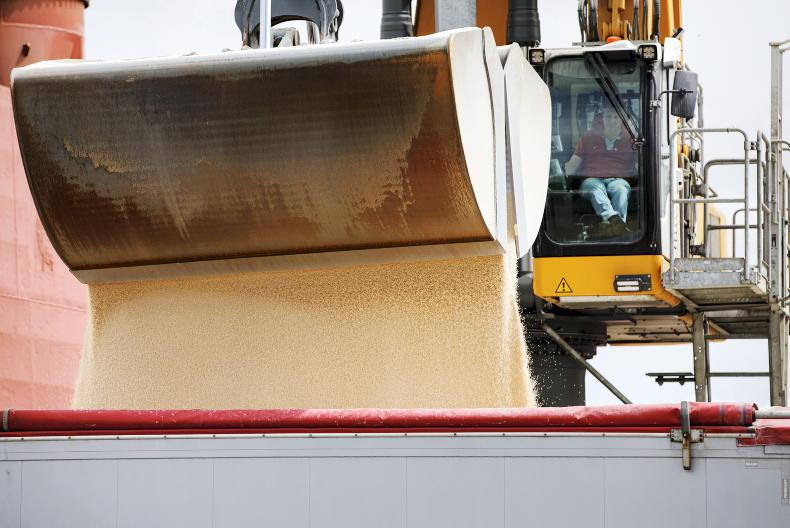The Department of Housing, Local Government and Heritage has published an interactive map to show lands which will fall under the new residential zoned land tax.
Farmers can click here to see the draft map and find out if their land is included.
Land used for agriculture is not exempt from the tax and Minister for Agriculture Charlie McConalogue confirmed last week that up to 8,000ha of farmland or approximately 0.2% of all farmland in the country is expected to be affected.
Therefore, hundreds of farmers could be hit with the annual tax on 3% of the market value of their zoned farmland.
Tax
The tax will be applied to land which has been zoned as suitable for residential development on 1 January 2022 and on which residential construction has not commenced before 1 February 2024.
The tax will be payable before 23 May 2024 and if not paid, the farmland can’t be sold or transferred.

Draft maps showing the land to be included under the new residential zoned land tax are now available at local authority offices.
Irish Farmers Journal analysis of the interactive draft map indicates that there are volumes of land zoned as liable under the tax surrounding some large and market towns.
However, in other areas, there seems to be very little land included in the zoning for residential use.
Appeal
Farmers who find that a parcel of their land has been included in the land tax zoning by their local authority have only a two-month window to appeal to have their land de-zoned.
It’s suggested they contact their local authority to clarify their tax liability and follow the appeal process from there. Affected farmers can also later appeal their local authority’s determination to An Bord Pleanála.
Minister McConalogue highlighted that there is an opportunity for farmers to challenge any decision to make them subject to the tax if they believe that the land is not adequately serviced.
“Should a farmer believe that the residential zoning of their land is inappropriate, they may avail of this opportunity to have the zoning status of their land considered by the local authority,” he said.
Minister McConalogue said that in drafting the tax, Minister for Finance Paschal Donohoe has “always been conscious of the need to be fair to the farming community”.
He said both he and the Department of Agriculture will “work closely with [Minister Donohoe] to ensure that the tax code reflects the Government’s priorities for the agri-food sector”.
Read more
Up to 8,000ha of farmland to be hit with land tax
Farmers have just two months to dezone from new land tax
Land tax could decimate farm incomes
The Department of Housing, Local Government and Heritage has published an interactive map to show lands which will fall under the new residential zoned land tax.
Farmers can click here to see the draft map and find out if their land is included.
Land used for agriculture is not exempt from the tax and Minister for Agriculture Charlie McConalogue confirmed last week that up to 8,000ha of farmland or approximately 0.2% of all farmland in the country is expected to be affected.
Therefore, hundreds of farmers could be hit with the annual tax on 3% of the market value of their zoned farmland.
Tax
The tax will be applied to land which has been zoned as suitable for residential development on 1 January 2022 and on which residential construction has not commenced before 1 February 2024.
The tax will be payable before 23 May 2024 and if not paid, the farmland can’t be sold or transferred.

Draft maps showing the land to be included under the new residential zoned land tax are now available at local authority offices.
Irish Farmers Journal analysis of the interactive draft map indicates that there are volumes of land zoned as liable under the tax surrounding some large and market towns.
However, in other areas, there seems to be very little land included in the zoning for residential use.
Appeal
Farmers who find that a parcel of their land has been included in the land tax zoning by their local authority have only a two-month window to appeal to have their land de-zoned.
It’s suggested they contact their local authority to clarify their tax liability and follow the appeal process from there. Affected farmers can also later appeal their local authority’s determination to An Bord Pleanála.
Minister McConalogue highlighted that there is an opportunity for farmers to challenge any decision to make them subject to the tax if they believe that the land is not adequately serviced.
“Should a farmer believe that the residential zoning of their land is inappropriate, they may avail of this opportunity to have the zoning status of their land considered by the local authority,” he said.
Minister McConalogue said that in drafting the tax, Minister for Finance Paschal Donohoe has “always been conscious of the need to be fair to the farming community”.
He said both he and the Department of Agriculture will “work closely with [Minister Donohoe] to ensure that the tax code reflects the Government’s priorities for the agri-food sector”.
Read more
Up to 8,000ha of farmland to be hit with land tax
Farmers have just two months to dezone from new land tax
Land tax could decimate farm incomes










SHARING OPTIONS